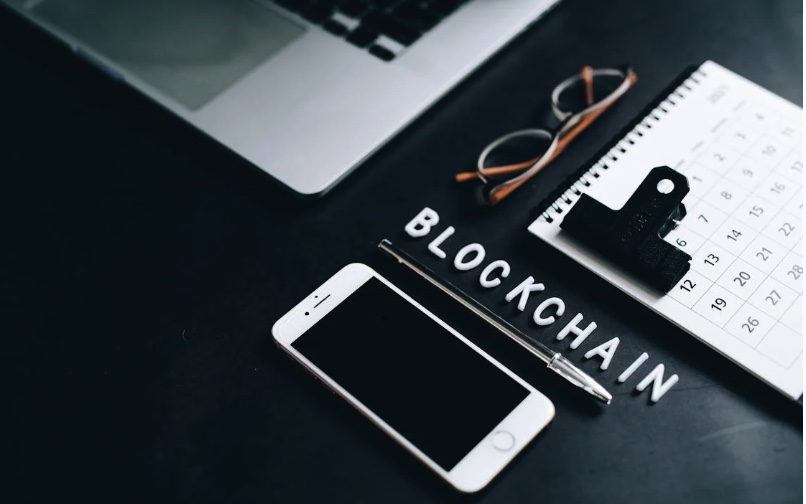What is Tokenization in Blockchain?

In the dynamic world of blockchain technology, the concept of tokenization has emerged as a pivotal force, redefining how we perceive and interact with various assets. From tangible commodities like gold and real estate to intangible entities such as voting rights and content licensing, almost anything of value can be tokenized and traded on blockchain applications.
Tokenization platform development plays a crucial role in shaping this transformative landscape. These platforms serve as the technological backbone, providing the necessary infrastructure for the creation, issuance, and management of crypto tokens. They enable businesses and individuals to tokenize assets efficiently, contributing to the broader adoption of blockchain technology. Advanced features within these platforms, such as smart contract integration, compliance management, and interoperability with different blockchain networks, are essential for ensuring the seamless functioning of the tokenized ecosystem. As the demand for tokenization grows, ongoing advancements in platform development aim to enhance scalability, interoperability, and user experience, fostering a more inclusive and efficient digital economy.
Understanding Tokenization: A Historical Context*
Tokenization is not a novel concept, having roots dating back to the 1970s in the financial services industry. Initially employed to safeguard sensitive information like credit card numbers, tokenization involved converting such data into alphanumeric characters through cryptographic processes. While this method focused on data protection, the advent of blockchain-enabled tokenization has elevated the process, offering a secure and versatile means to tokenize a diverse range of assets across industries.
1. More Liquidity:
- Tokenizing assets broadens their accessibility, fostering a larger investor audience.
- Traditional challenges in selling assets like fine art or real estate are mitigated, contributing to market liquidity.
2. Faster, Cheaper Transactions:
- Crypto tokens eliminate intermediaries, reducing transaction costs and processing times.
- Blockchain-based tokens enable 24/7 trading on a global scale, enhancing efficiency in transferring value.
3. Transparency and Provability:
- Blockchain ensures transparent and cryptographically verifiable traceability of token provenance.
- Immutability and transparency guarantee the authenticity of a token’s transaction history, providing a level of reliability unmatched by other digital assets.
Categories of Crypto Tokens
1. Security Tokens:
- Represent ownership or investment in assets, such as shares in a company or voting rights.
- Programmable with unique characteristics, security tokens redefine digital assets with diverse ownership rights.
2. Tokenized Securities:
- Digital stand-ins for underlying securities, designed for easy exchange and market accessibility.
- Simplify trading and liquidity of traditional securities without additional cryptographic features.
3. Utility Tokens:
- Grant access to specific products or services on a blockchain network.
- Used for powering consensus mechanisms, decentralized market operations, and voting rights within decentralized autonomous organizations (DAOs).
4. Currency Tokens:
- Designed for trading and spending, either backed by underlying assets or linked to blockchain networks.
- Offer diverse mechanisms for value distribution.
Designations and Use Cases
- Fungible Tokens:
- Identical and interchangeable; used in scenarios where individual traceability is not critical.
- Non-Fungible Tokens (NFTs):
- Unique and provably scarce tokens, tracing individual histories.
- Applied in digital art, collectibles, and environments valuing uniqueness and scarcity.
Challenges to Tokenization
Blockchain projects utilizing crypto tokens face regulatory challenges as governments strive to adapt to this innovative technology. Concerns revolve around the classification of tokens, with some resembling financial securities but often avoiding the same regulations. Striking a balance between innovation and compliance poses a challenge for both government authorities and blockchain projects.
Spotted something? Got a story? Send a Facebook Message | A direct message on Twitter | Email: [email protected]Latest News









